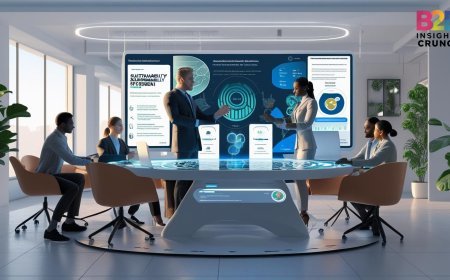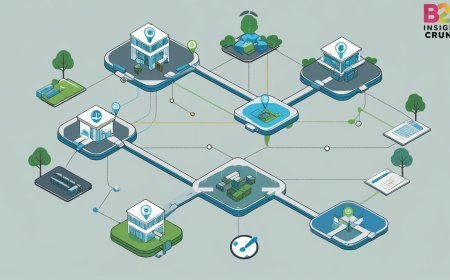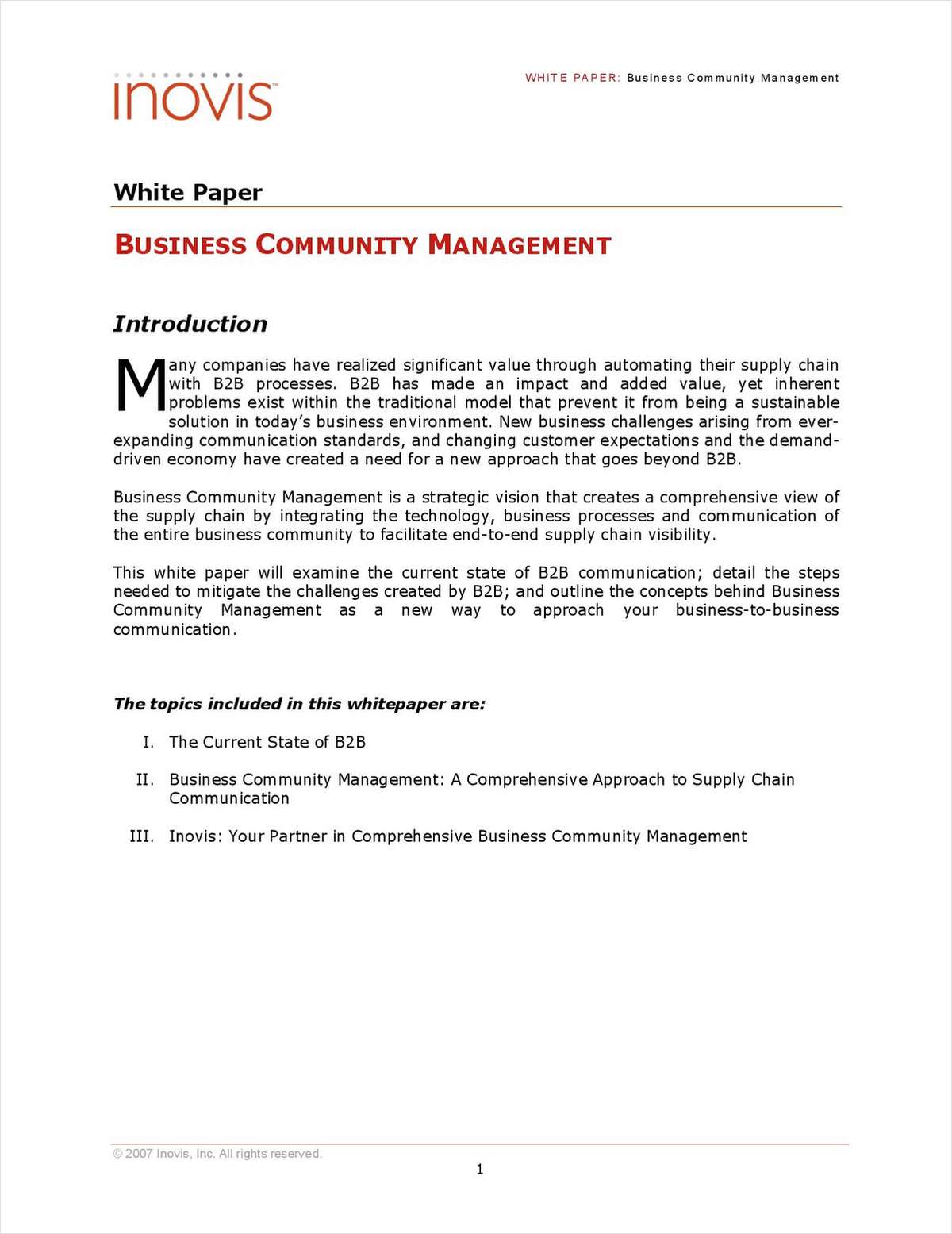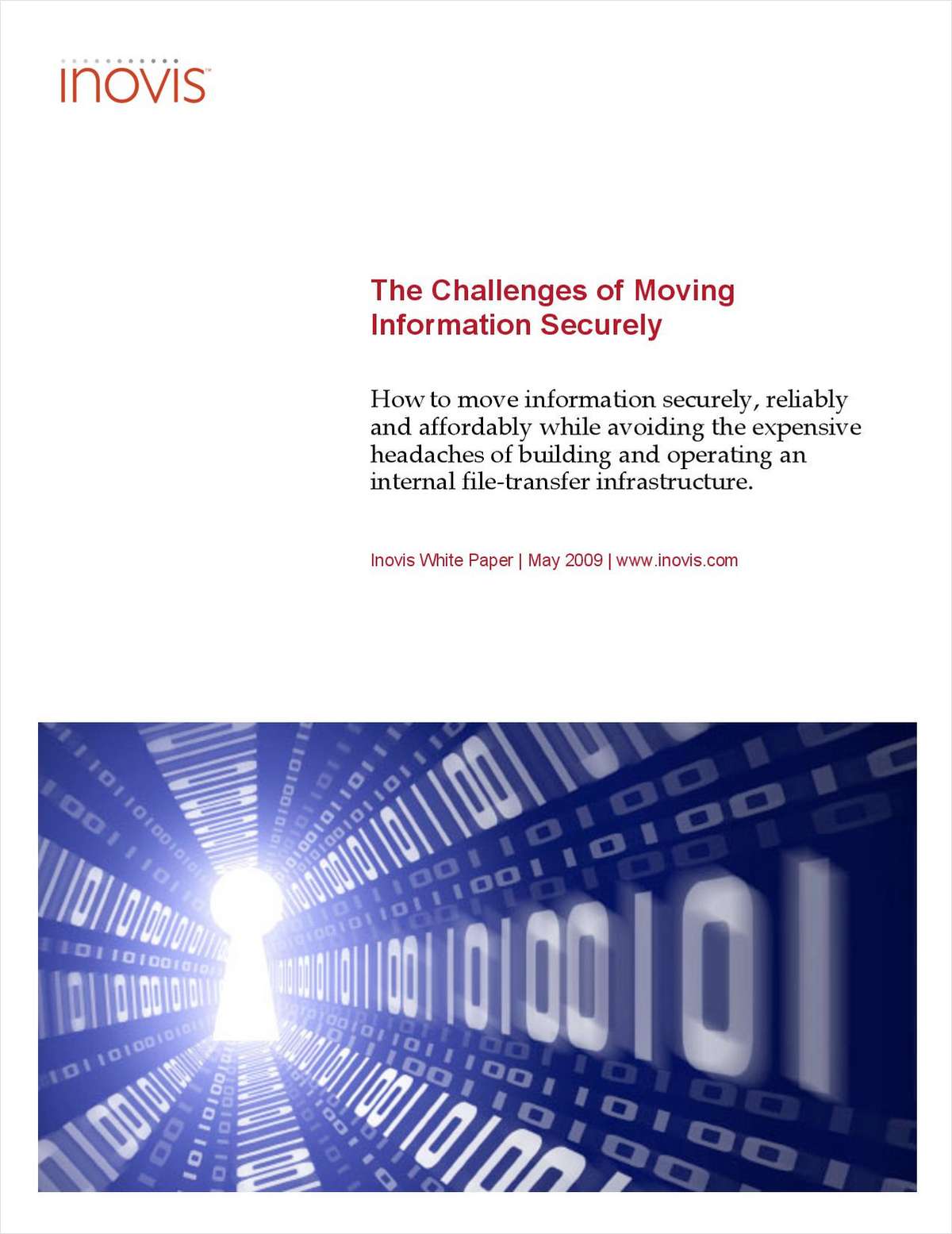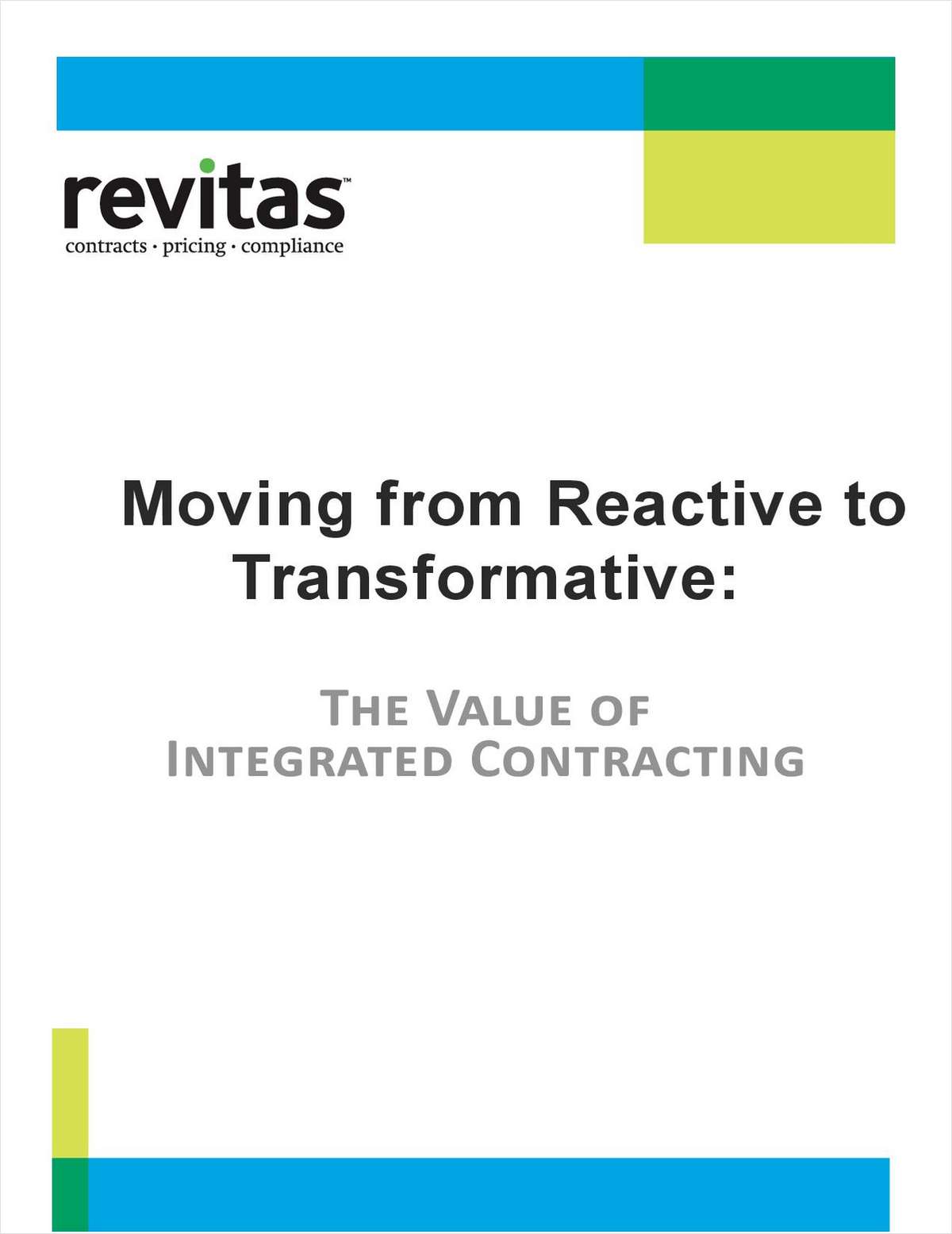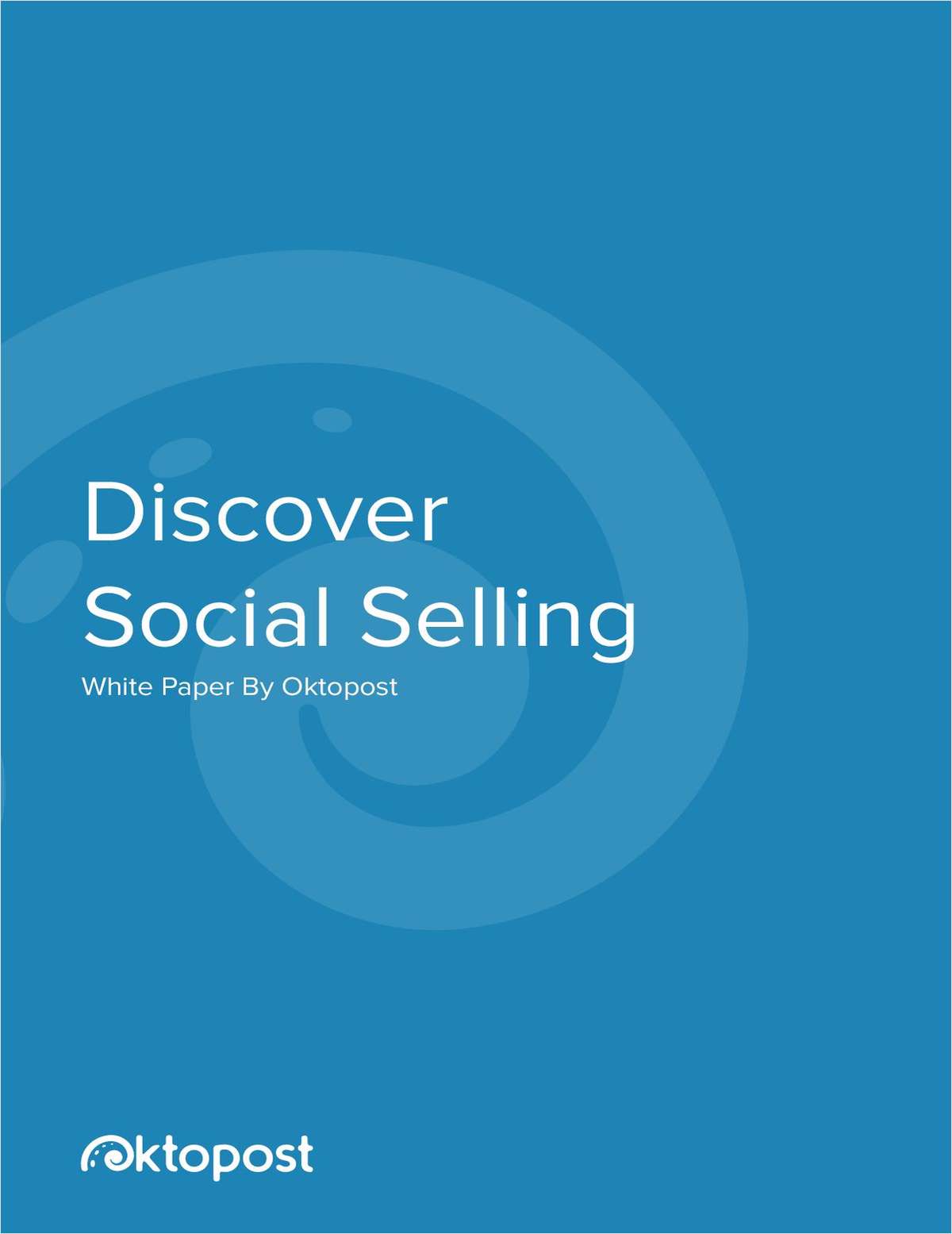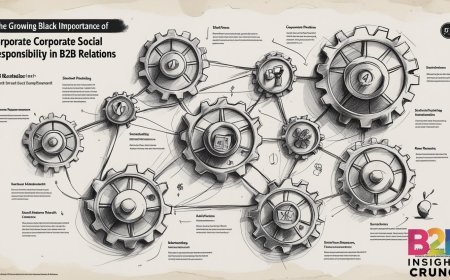Enhancing Product Lifecycle Management in B2B Manufacturing
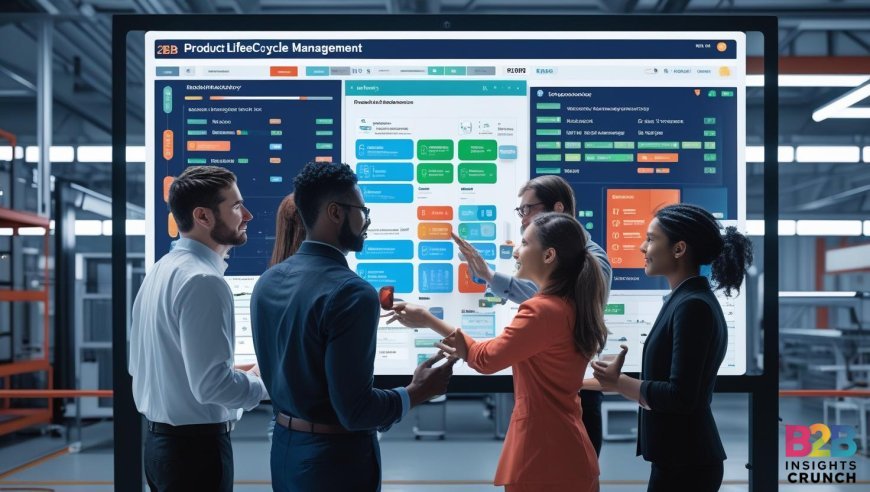
Enhancing Product Lifecycle Management in B2B Manufacturing
In the fast-paced world of B2B manufacturing, managing a product’s entire lifecycle has become increasingly complex-and crucial. Product Lifecycle Management (PLM) is no longer just about tracking a product from design to disposal; it’s about creating a seamless, integrated process that drives efficiency, innovation, and collaboration across all stages. For manufacturers, enhancing PLM means rethinking how they manage data, communicate with partners, and adapt to rapidly changing market demands.
At its core, PLM in B2B manufacturing is about connection. It bridges gaps between departments such as engineering, production, procurement, and quality control, ensuring everyone is aligned on the same information and goals. When this flow of information is smooth, it helps reduce costly errors, speeds up time-to-market, and improves overall product quality. But achieving this level of coordination is easier said than done, especially as supply chains grow more global and products more complex.
Technology plays a critical role in advancing PLM today. Modern PLM solutions offer cloud-based platforms that centralize data and allow real-time access for all stakeholders, no matter where they are located. This accessibility helps manufacturers stay agile, responding quickly to design changes, material shortages, or compliance updates without losing momentum. When design teams can instantly share updates with suppliers and customers, collaboration becomes a natural part of the process rather than an afterthought.
Another important aspect of enhancing PLM is the integration of emerging technologies like the Internet of Things (IoT) and advanced analytics. IoT devices embedded in products or production equipment provide valuable real-time data that can inform maintenance schedules, predict failures, and even inspire new product features. By feeding this data back into the PLM system, manufacturers gain insights that extend a product’s life and improve customer satisfaction. Analytics then turn this data into actionable intelligence, guiding better decision-making throughout the lifecycle.
Sustainability is also shaping the future of PLM in B2B manufacturing. More businesses are recognizing the importance of designing products that are not only high-performing but also environmentally responsible. PLM systems now help track materials, energy usage, and waste generation, making it easier for manufacturers to meet regulatory standards and reduce their ecological footprint. This focus on sustainability is not just good for the planet-it’s increasingly demanded by clients who want to partner with responsible manufacturers.
The human element remains vital in this technology-driven transformation. Successful PLM enhancement requires a culture that values transparency, collaboration, and continuous learning. Employees across departments need to feel empowered to share insights, challenge assumptions, and embrace new tools. When teams work together with a shared vision and open communication, the entire product lifecycle benefits.
In the end, enhancing Product Lifecycle Management is about more than just tools and processes-it’s about creating a holistic approach that unites people, technology, and strategy. For B2B manufacturers, this means better products, faster innovation, stronger partnerships, and a more sustainable future. As the demands of the market continue to evolve, those who invest in smart, integrated PLM solutions will be the ones who thrive in the years to come.
